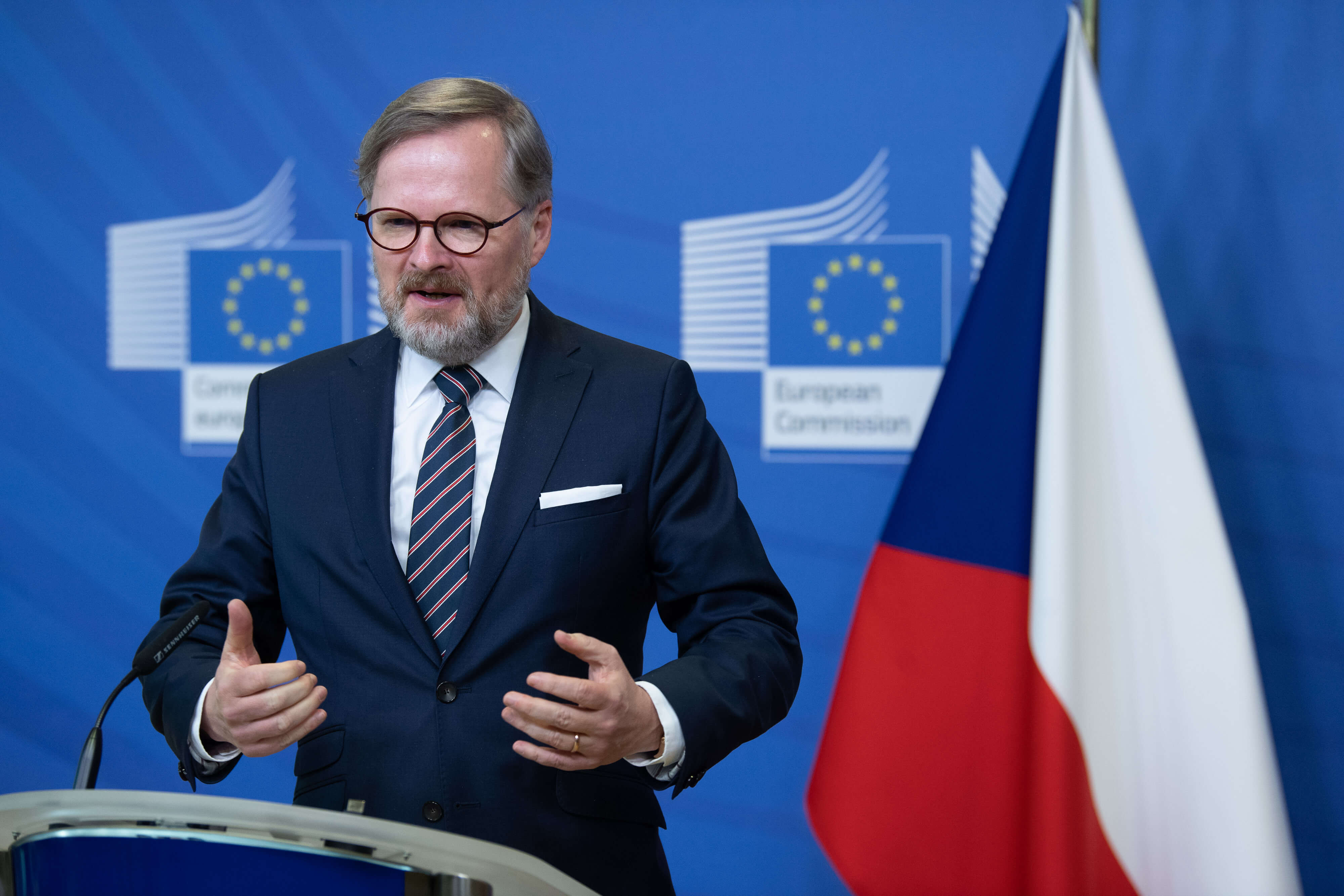Ukraine’s European allies will meet again this week to fine-tune their role in a coalition of the willing to protect a potential ceasefire with Russia after a senior US envoy dismissed the concept as “a posture and a pose”.
Remarks by Donald Trump’s special envoy, Steve Witkoff, appeared to signal the latest move to marginalise the Europeans from attempts to resolve the most threatening conflict on their continent since World War II.
Witkoff may have had the UK’s Keir Starmer in mind when he told his sympathetic interviewer, Tucker Carlson, that the coalition idea was a simplistic notion that stemmed from European leaders thinking “we have all got to be like Winston Churchill”.
In a lengthy exchange in which he heaped equal praise on the talents and intentions of Presidents Trump and Vladimir Putin, he sidelined any role for Europe, or indeed for Ukraine, when he spoke of “two great leaders figuring out this conflict”.
The Europeans, already accustomed to trying to interpret confusing messaging from the second Trump administration, were left wondering whether Witkoff was truly reflecting the views of the White House when he effectively acknowledged Russian claims to swathes of Ukrainian territory beyond that seized at the start of the three-year-old war.
Witkoff was widely condemned outside the administration for having parroted Putin’s talking points. Ukraine’s President Volodymyr Zelenskyy, without naming the envoy, said he believed Russia had managed to influence some people in the White House.
What is the point of a coalition of the willing?
Starmer and Trump spoke on Sunday to discuss progress on a bilateral economic deal, but there was no indication of whether Witkoff’s comments were raised. A spokesman for Starmer’s office subsequently reaffirmed the prime minister’s stance that, if there were to be a deal for a lasting peace in Ukraine, it would have to be defended.
As US officials met separately with their Russian and Ukrainian counterparts in Saudi Arabia this week for further ceasefire talks, European leaders and other international partners were heading to Paris to finalise their own plan for policing a future truce.
But what is the point of a coalition of the willing if neither of Witkoff’s “two great leaders” are willing to assign it a role?
Starmer and France’s President Emmanuel Macron have taken the lead in promoting the idea for a joint reassurance force
Trump is yet to spell out any security guarantees for Ukraine, beyond suggesting that the future presence of civilian US personnel on commercial projects would deter Putin from resuming attacks. The Russian leader, meanwhile, has ruled out the deployment of any NATO member forces in Ukraine.
The UK prime minister unveiled his ceasefire protection plan less than a month ago, revealing on 2 March that a number of European states, including Britain and France, were developing a coalition of the willing that would include “planes in the air and boots on the ground” to help secure a successful ceasefire in Ukraine.
Since then, Starmer and France’s President Emmanuel Macron have taken the lead in promoting the idea for a joint reassurance force, although so far only their governments and a handful of others have committed to providing military personnel.
Preparations include detailed planning sessions among military officers from a range of countries that opened near London last Thursday and were resuming this week.
“I don’t trust Putin”
Starmer’s tactic appears to be to ignore the diplomatic noise and the contradictory signals emerging from Washington and Moscow and to plough on with coalition planning until such time as it might be incorporated into a final lasting settlement.
In comments to the New York Times last week, he spoke in terms that contrasted sharply with the rosy view of Russia expressed by peace envoy Witkoff.
Starmer is stubbornly clinging to his golden rule of not choosing to prioritise the UK’s relations with either the US or Europe
“I don’t trust Putin,” he said, while travelling back to shore from a visit to one of Britain’s nuclear submarines. “I’m sure Putin would try to insist that Ukraine should be defenceless after a deal because that gives him what he wants, which is the opportunity to go in again.”
It is a message that he is no doubt repeating in his frequent contacts with Trump as the US president confronts the stuttering progress towards his goal of a quick deal on Ukraine.
Starmer is stubbornly clinging to his golden rule of not choosing to prioritise the UK’s relations with either the US or Europe. However, his mission of acting as a transatlantic bridge is coming under increasing strain in view of the antipathy to Europe expressed by Trump’s inner circle, including Witkoff.
The leaders of Europe
Trump has not distanced himself from the latest comments by his fellow real estate developer and golf partner, appointed as a roving envoy with a brief to deliver peace deals from the Middle East to Ukraine.
 This is the time when stronger states must play the bigger role, those with concrete power, which is France and Great Britain - Petr Fiala
This is the time when stronger states must play the bigger role, those with concrete power, which is France and Great Britain - Petr Fiala
Underlying Europe’s concerns about the outcome in Ukraine is the future of its own security in the face of a US retreat from its NATO commitment to the continent.
That may inevitably push the UK further in the direction of Europe, whatever the fate of the coalition of the willing.
The Czech prime minister, Petr Fiala, told the Financial Times this week that the UK and France were emerging as the leaders of Europe despite the former’s exit from the European Union.
With European capitals facing the Trump administration’s hostility towards traditional allies and its overtures to Moscow, Fiala said: “This is the time when stronger states must play the bigger role, those with concrete power, which is France and Great Britain, the European nuclear powers.”